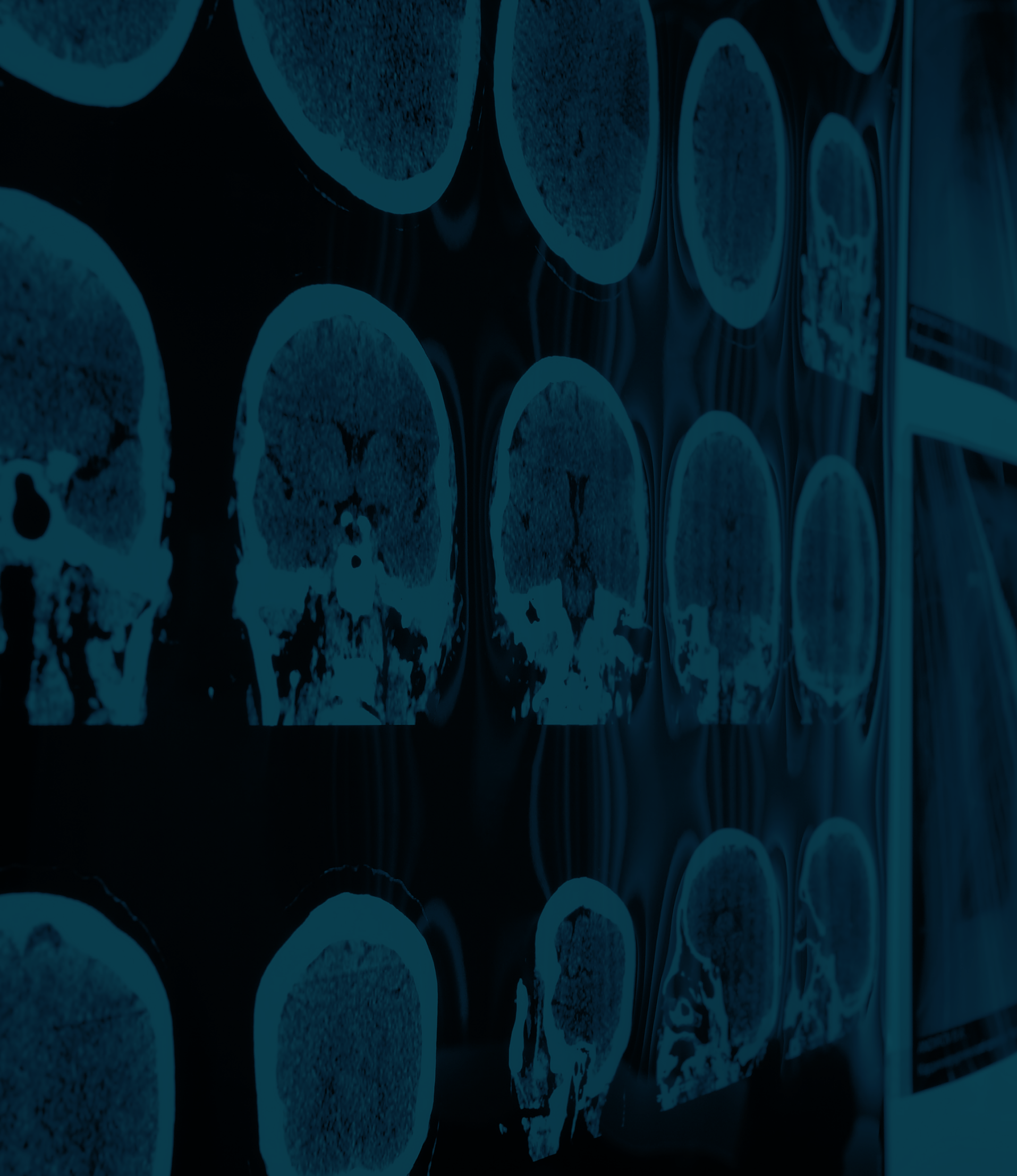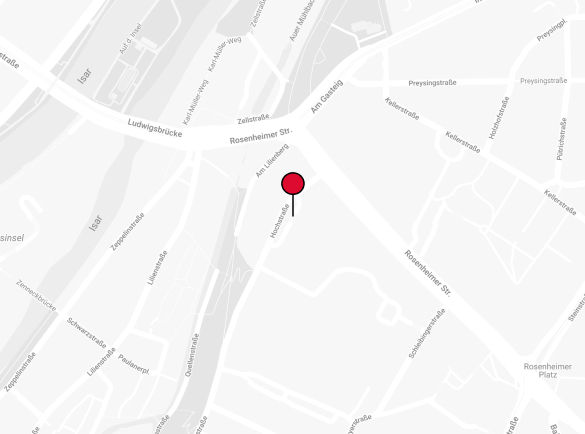- DE
- EN

Green Tech
Innovations
How to exploit and how to protect
Lecture Event | Munich | November 19, 2024

Lecture Event | Munich | November 19, 2024

Join us for an enlightening seminar focused on the latest advancements in AI patenting for life sciences. Throughout the event, expert speakers will delve into key topics, providing valuable insights on patenting AI inventions, strategic IP planning, and maximizing opportunities in this rapidly evolving field.
The seminar will feature engaging lectures and discussions that shed light on the intricacies of AI-based innovations, encompassing tailored patent protection, legal-technical criteria for patentability, and industry implementations. Don't miss this opportunity to stay ahead of the curve and unlock the potential of AI patenting in life sciences.

November 16 2023
08.30 a.m – 7.00 p.m.
Holiday Inn, Hochstraße 3, München
Talks
As companies increasingly harness the potential of AI-based innovations, a critical challenge emerges in identifying valid inventions by evaluating their patentability and strategically allocating IP budgets for effective protection. This challenge extends to AI-based mixed-type inventions, which are typical in life sciences, that are defined by both, technical and nontechnical features. Central to these mixed-type inventions is an implementation by softwarebased data processing, where understanding the criteria employed by the European Patent Office (EPO) and other jurisdictions becomes paramount for identifying patentable inventions.
In this lecture, we delve into the multifaceted world of AI patentability, with a particular focus on the life sciences field. By presenting illustrative examples from diverse areas like drug discovery, patient data processing in diagnosis, and personalized medicine, we explore the scope of AI-based inventions. Essential to establishing patentability under Art. 56 EPC, we unravel the requirement of an inventive step in providing a non-obvious technical solution to a technical problem. The EPO's COMVIK filter, which refines mixed-type inventions by considering only claim features contributing to the technical character, is analyzed in detail to grasp its application.
Moreover, we shed light on the nuances of protecting methods versus apparatuses in life science inventions, as legal provisions in this arena exhibit distinct characteristics. Attendees of this lecture will gain valuable insights into deciphering the patentability of AI-based innovations and devising optimal strategies for safeguarding intellectual property in life sciences.
As companies increasingly harness the potential of AI-based innovations, a critical challenge emerges in identifying valid inventions by evaluating their patentability and strategically allocating IP budgets for effective protection. This challenge extends to AI-based mixed-type inventions, which are typical in life sciences, that are defined by both, technical and nontechnical features. Central to these mixed-type inventions is an implementation by softwarebased data processing, where understanding the criteria employed by the European Patent Office (EPO) and other jurisdictions becomes paramount for identifying patentable inventions.
In this lecture, we delve into the multifaceted world of AI patentability, with a particular focus on the life sciences field. By presenting illustrative examples from diverse areas like drug discovery, patient data processing in diagnosis, and personalized medicine, we explore the scope of AI-based inventions. Essential to establishing patentability under Art. 56 EPC, we unravel the requirement of an inventive step in providing a non-obvious technical solution to a technical problem. The EPO's COMVIK filter, which refines mixed-type inventions by considering only claim features contributing to the technical character, is analyzed in detail to grasp its application.
Moreover, we shed light on the nuances of protecting methods versus apparatuses in life science inventions, as legal provisions in this arena exhibit distinct characteristics. Attendees of this lecture will gain valuable insights into deciphering the patentability of AI-based innovations and devising optimal strategies for safeguarding intellectual property in life sciences.
12 p.m. – 1 p.m. | LUNCH BREAK |
As companies increasingly harness the potential of AI-based innovations, a critical challenge emerges in identifying valid inventions by evaluating their patentability and strategically allocating IP budgets for effective protection. This challenge extends to AI-based mixed-type inventions, which are typical in life sciences, that are defined by both, technical and nontechnical features. Central to these mixed-type inventions is an implementation by softwarebased data processing, where understanding the criteria employed by the European Patent Office (EPO) and other jurisdictions becomes paramount for identifying patentable inventions.
In this lecture, we delve into the multifaceted world of AI patentability, with a particular focus on the life sciences field. By presenting illustrative examples from diverse areas like drug discovery, patient data processing in diagnosis, and personalized medicine, we explore the scope of AI-based inventions. Essential to establishing patentability under Art. 56 EPC, we unravel the requirement of an inventive step in providing a non-obvious technical solution to a technical problem. The EPO's COMVIK filter, which refines mixed-type inventions by considering only claim features contributing to the technical character, is analyzed in detail to grasp its application.
Moreover, we shed light on the nuances of protecting methods versus apparatuses in life science inventions, as legal provisions in this arena exhibit distinct characteristics. Attendees of this lecture will gain valuable insights into deciphering the patentability of AI-based innovations and devising optimal strategies for safeguarding intellectual property in life sciences.
As companies increasingly harness the potential of AI-based innovations, a critical challenge emerges in identifying valid inventions by evaluating their patentability and strategically allocating IP budgets for effective protection. This challenge extends to AI-based mixed-type inventions, which are typical in life sciences, that are defined by both, technical and nontechnical features. Central to these mixed-type inventions is an implementation by softwarebased data processing, where understanding the criteria employed by the European Patent Office (EPO) and other jurisdictions becomes paramount for identifying patentable inventions.
In this lecture, we delve into the multifaceted world of AI patentability, with a particular focus on the life sciences field. By presenting illustrative examples from diverse areas like drug discovery, patient data processing in diagnosis, and personalized medicine, we explore the scope of AI-based inventions. Essential to establishing patentability under Art. 56 EPC, we unravel the requirement of an inventive step in providing a non-obvious technical solution to a technical problem. The EPO's COMVIK filter, which refines mixed-type inventions by considering only claim features contributing to the technical character, is analyzed in detail to grasp its application.
Moreover, we shed light on the nuances of protecting methods versus apparatuses in life science inventions, as legal provisions in this arena exhibit distinct characteristics. Attendees of this lecture will gain valuable insights into deciphering the patentability of AI-based innovations and devising optimal strategies for safeguarding intellectual property in life sciences.
7 p.m. – 8 p.m. | WRAP-UP |



Holiday Inn Munich – City Centre
Hochstraße 3
8
1669 München

Lorem ipsum dolor sit amet consectetur. Eros tempor venenatis sed felis. Rhoncus morbi egestas lectus tincidunt vivamus dictum malesuada. Lacus facilisis aliquet elit viverra integer ut faucibus viverra elit. Metus amet aenean.
Jetzt Teilnahme auf eventbrite sichern
Tel. +49 89 210232-0
Fax +49 89 210232-65
eMail postwallinger.de

